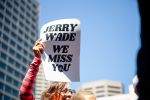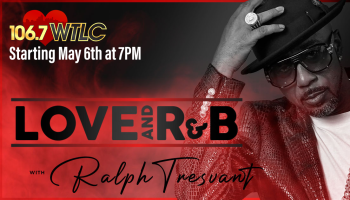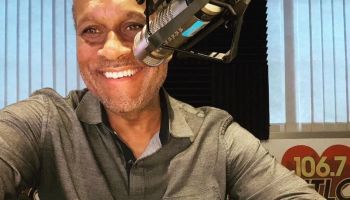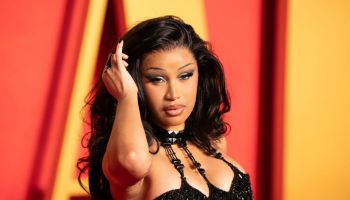In the case of President Obama and the task he has tonight on Long Island, it’s
different. Why? Because in the wake of the Debacle in Denver, much of the focus
has been less on what Obama said at the first debate than on how he said it: He
was looking down; he didn’t make eye contact; he seemed annoyed; he seemed
unhappy; he didn’t seem to want to be there.
If you’re part of the president’s inner circle, do you try to have Obama keep such “atmospherics” in
mind during tonight’s debate?
On the one hand, it could lead to disaster.
Nothing is more likely to distract a debater than a little voice in his or her
head that says, “Be confident, but not arrogant; smile, but not when the talk is
about terrorism, war or unemployment; be engaged, but don’t appear
angry.”
Of course, atmospherics do matter, and not just because of the
familiar criticism that debates value style over substance.
That criticism often starts with the half-century old notion that, in 1960, those who
saw the Nixon-Kennedy debates on TV thought John F. Kennedy had won, while those
who heard the debates on radio thought Richard Nixon had won. The assertion is
that Kennedy’s tan triumphed over Nixon’s shoddy makeup job, and that the
former’s body language was more reassuring.
A telling point—except that it’s a myth, resting on one dubious study. It ignores the possibility that radio listeners in 1960 were
likely older and rural, and thus more favorably disposed toward Nixon.
But there is a bigger point to be made. Ask yourself, “Why, in a court
case, are witnesses brought into a courtroom whenever possible, instead of just
giving their testimony through depositions?” It’s because a jury is supposed to
take into account “demeanor evidence”—how a witness comports herself on the
stand. Does a witness hesitate? Avoid eye contact with the questioner? Laugh
nervously? Get flustered and defensive?
As West’s Encyclopedia of American Law puts it: “Demeanor evidence is quite valuable in shedding light on
the credibility of a witness, which is one of the reasons why personal presence at trial is considered to be of paramount importance. … To aid a jury in its determination of whether or not it should believe or disbelieve particular
testimony, it should be provided with the opportunity to hear statements directly from a witness in court whenever possible.”
Leaders have always understood the significance of such demeanor testimony. It’s why, in the midst
of the Revolutionary War, George Washington took special care with his uniforms and often posed for portraits—it was to let his soldiers and the broader audience of colonists see him as a commander with the proper bearing.
It’s why Franklin D. Roosevelt always flashed that familiar
smile—to project his own sense of confidence in the midst of a Depression that
left millions of Americans doubting their own political system. (It’s also why
he once told Orson Welles, “You and I are the two most famous actors in
America.”)
Obama can’t ignore the impact of demeanor evidence. But it
does impose a special burden on him, especially because the public and the press
will be particularly attentive to his appearance. Every turn of his head, every
extra blink of his eye will be subject to withering scrutiny. It’s one reason
why, in earlier debates, the candidates insisted on no reaction or “cutaway”
shots, and why the networks eventually said, in effect, “That’s our call, not
yours.”
And that’s why, even in my fantasy world where every piece of
advice I conjure up works like a charm, I imagine this advice to the
president:
“Keep your head up, maintain eye contact, don’t frown, don’t
grimace, show empathy with your questioner, engage Romney but don’t stalk him, gesture meaningfully and, oh yeah, be yourself.”
(source-Jeff Greenfield/yahoo news)















